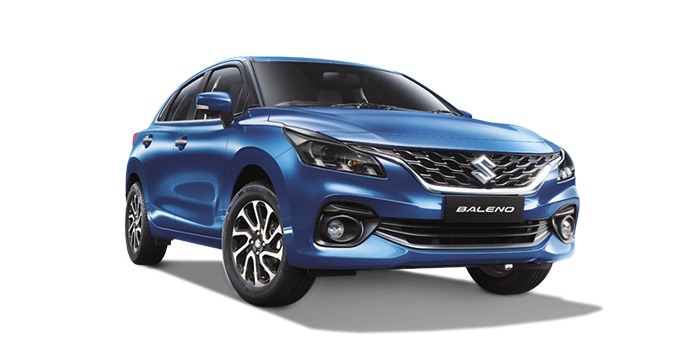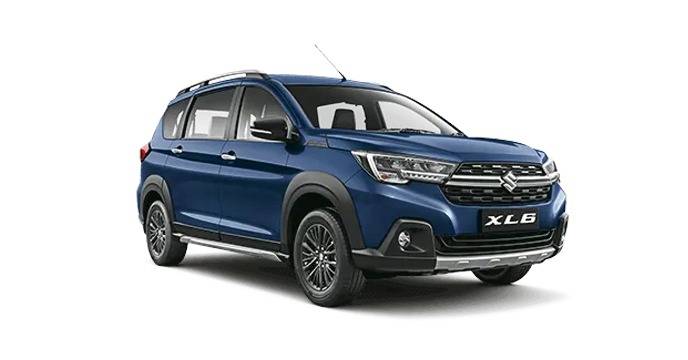10 Maintenance Tips to Extend the Life of Your Car
10 Maintenance Tips to Extend the Life of Your Car

Cars are valuable assets, and just like any other asset, people want to use them for as long as possible. As you will find out, one important aspect of vehicle ownership is timely servicing and maintenance to enable your automobile to serve you for many more years. As much as it may be inconvenient to perform some tasks, doing them can be more inconvenient than having to fix the car or have it die earlier.
10 Maintenance Tips to Extend the Life of Your Car
With the help of the ten key maintenance considerations mentioned below, you will be able to achieve the longest vehicle life and pleasant driving.
1) Regular Oil Changes
It is impossible to overemphasise the need for the frequent oil change. Motor oil is the blood of your car; it is responsible for reducing friction between moving parts and maintaining the engine's temperature. In the long run, oil is bound to collect dirt and debris which therefore causes early wear of the engine parts. Failure to change the oil as recommended may lead to sludge formation and build-up, overheating and, in the worst scenario, a complete engine failure. Moreover, using quality oil and filters will enhance the engine's performance and minimise the engine's wear.
2) Maintain Proper Tire Pressure
The proper tyre pressure is important for better tyre wear, fuel consumption, and the way the car behaves on the road. Low tyre pressure makes the rolling resistance high and hence makes the car use a lot of fuel, while high pressure makes the tyres wear unevenly on the road and also bumpy. Also, low air pressure in tyres is also dangerous, and tyres that are overinflated tend to burst on the road. Tyre pressure should be checked at least once a month or before going for a long journey. The recommended tyre pressure can be found in the owner's manual of the car or at the side of the driver's door. Another benefit is that properly inflated tyres enhance safety by offering better grip and increasing the distances it takes to stop.
3) Check and Replace Air Filters
Air filter is quite essential for the car because it helps to protect its engine from dust, dirt and any other debris. Eventually, the filter becomes blocked, causing air restriction and making the engine strain to produce the required power; this leads to poor fuel consumption and power output. A dirty air filter also lets more dangerous particles into the engine; this can cause internal component damage. A fresh air filter enables your engine to have an adequate fresh air supply to combust fuels while protecting your car from early damage.
4) Inspect Brakes Regularly
The braking system is one of the most important safety features of your car and it is important to ensure it is in good condition. Damaged brake pads, low brake fluid or a breakdown of other brake components can result in poor braking and thereby expose the driver and passengers to danger. Be aware of brake-related symptoms like noise, squealing or grinding, poor braking performance or a spongy brake pedal. It is recommended that a car should undergo a brake checkup often so that you can replace the worn-out parts before they cause an accident on the road.
5) Keep Fluids in Check
Your car cannot operate without some fluids, and these include the coolant, brake fluid, power steering fluid and transmission fluid. All these fluids have their functions in the proper running of your car, and any neglect of them is dangerous. For instance, if your coolant level is low you may experience your engine overheating, or if there is no brake fluid, you can have a brake failure. It is good practice to always check the fluid levels and refill them before going on a long journey. Furthermore, it is always advisable to follow the manufacturer's instructions on how often you should flush and change the fluids in your car to avoid the formation of any problems.
6) Replace Spark Plugs on Time
Despite their size, spark plugs are important components of your engine based on the type of engine you have. These are small parts that assist in igniting the air-fuel mixture in the combustion chamber of your engine. Spark plugs are also known to deteriorate through use, and this leads to poor ignition, misfires, and low fuel economy. This can be detrimental to other parts of the engine if not corrected in good time; faulty spark plugs can. Replacing them on time is helpful for the engines to operate stably, achieve better fuel economy, and avoid the necessity of large repairs in the future.
7) Keep Your Car Clean
Car washing is not a luxury but a necessity in the preservation of the car's exterior and interior surfaces from the effects of dirt, grime, salt, and other pollutants. Cleaning the exterior of a car eliminates dirt, which causes scratching and corrosion, while cleaning the interior's internal parts eliminates debris that causes damage to the car's interior parts, such as seats and the internal electronics. It is also important to focus on the areas of the car more vulnerable to corrosion – and the underparts are known to be particularly sensitive to salt and moisture.
8) Keep the Cooling System
It plays a critical role in controlling the temperature of your engine in order to avoid overheating. Eventually, the coolant may be worn out or diluted, and thus, its ability to protect your engine will be compromised. One of the most important maintenance activities is to check the coolant level and examine the radiator. Furthermore, regular flushing and refilling of the coolant can help minimize corrosion and accumulation of debris in the cooling system, as recommended by the manufacturer.
9) Align and Balance Your Wheels
Wheel alignment and balancing are commonly ignored but are essential for the proper functioning of your car and the longevity of your tires. Loose wheel bolts also lead to misaligned wheels, which result in uneven wearing of the tyres and affect the car's handling system. Spinning your wheels makes them wear evenly and gives you a smooth ride by eliminating the vibrations. Apart from increasing the longevity of your tires, frequent alignment and balancing enhance fuel economy and improve the car's handling. If you find that your car drifts towards a particular direction or has some strange vibrations, then it is high time you take your wheels for alignment.
10) Follow the Manufacturer's Maintenance Schedule
Each car brand has a recommended service interval, which indicates when certain services should be done – oil changes, tyre swaps, brake checks, and fluid top-ups. Staying on this schedule is important to ensure your car gets the right kind of care at the right time. Failing to service your car may result in worsening some complications, which may reduce the total number of years you will have your car on the road. Following the manufacturer's instructions, you can detect some issues in advance, maintain your car as it should be, and prevent many costly complications in the future.
Conclusion
It is always important to take good care of your car to make it last longer and be safe, efficient, and reliable. Avoiding these ten mistakes will save you from having to shell out a lot of money for repairs, improve your car's performance, and make driving more fun in the future. Maintaining the car's fluids, using it for routine checks, and sticking to the manufacturer's recommended schedules will greatly lengthen the vehicle's life and resale value.
Read to Know: Things You Must Check After Getting Your Car Serviced






















